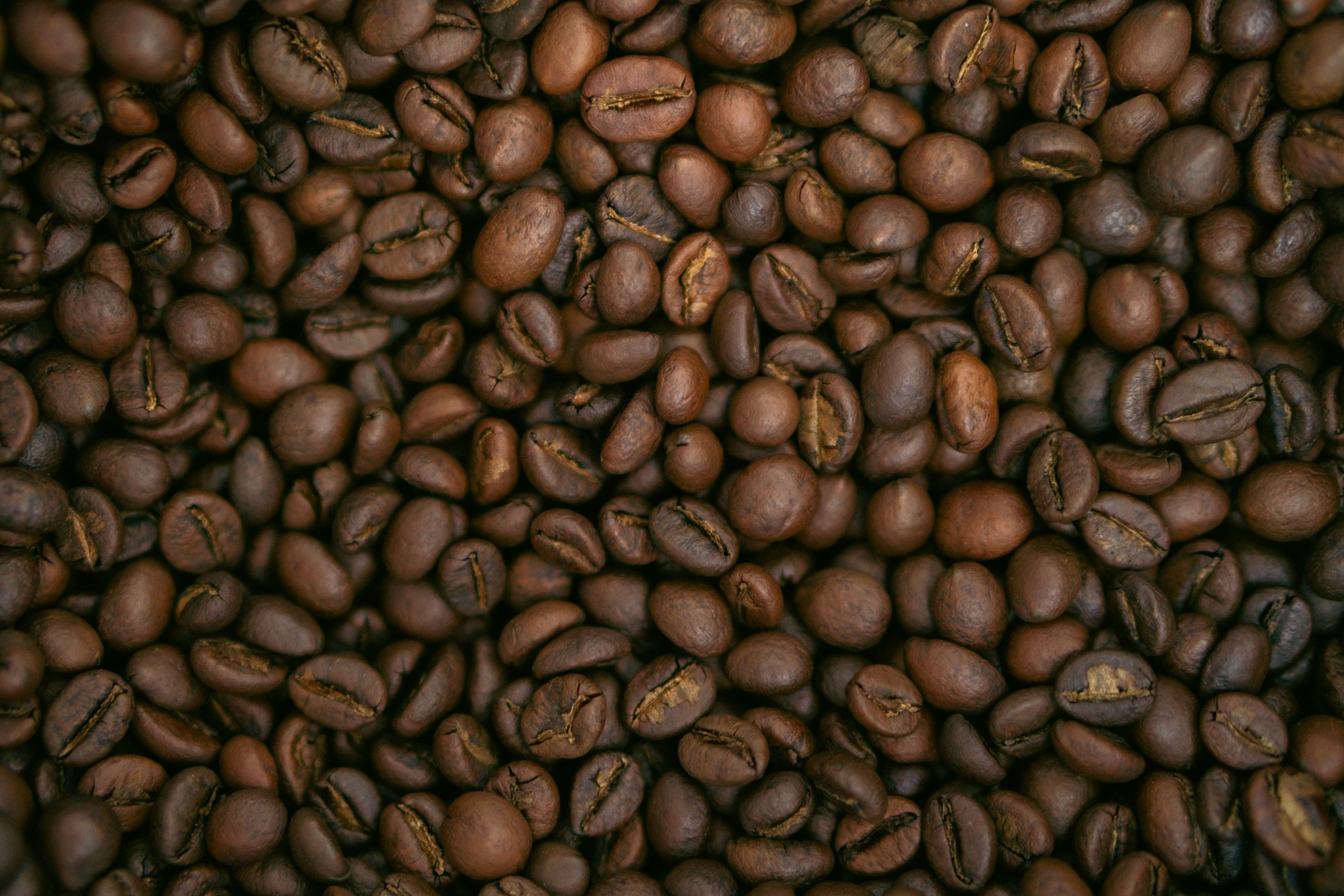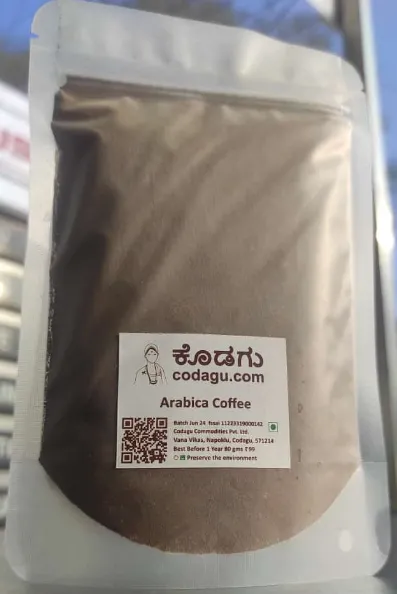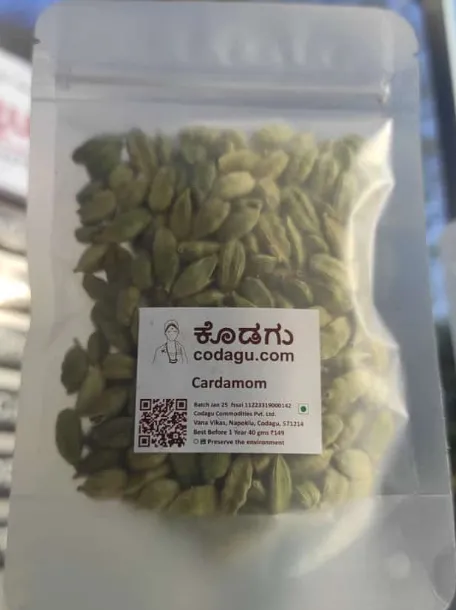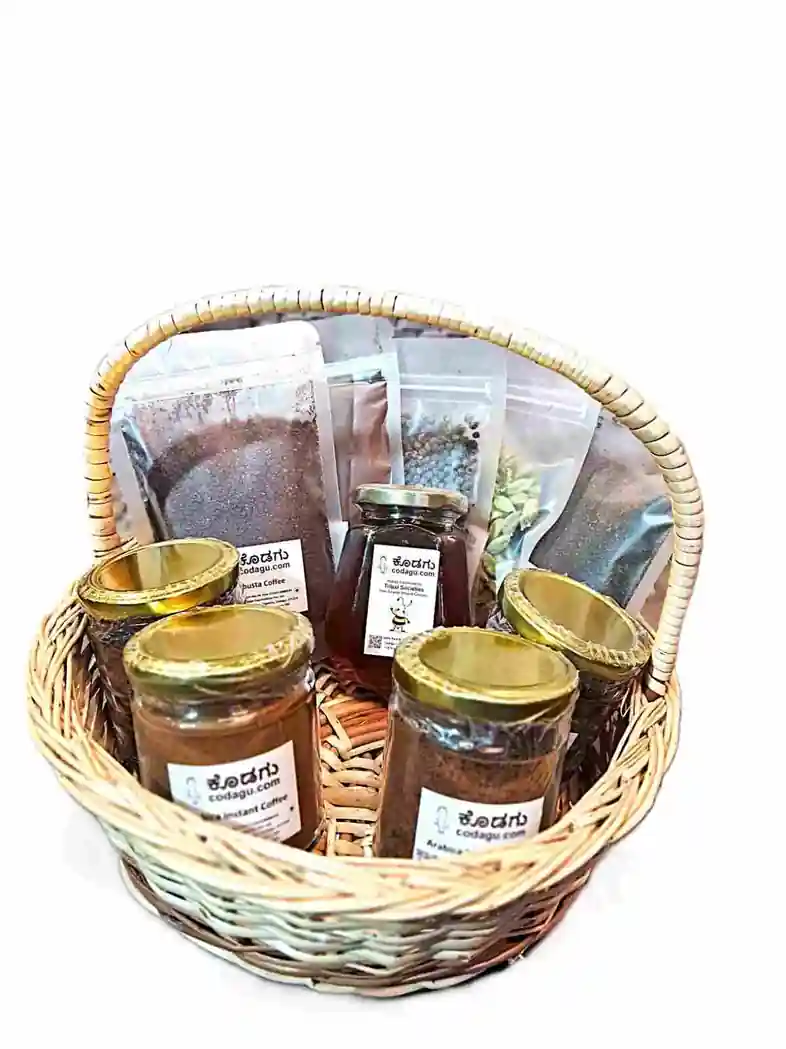Exploring the Diversity of Arabica Coffee Varieties

Arabica coffee, famed for its smooth flavour and varied smells, is available in a wide range of types, making each cup a unique experience. This species, which originated in Ethiopia, accounts for roughly 60-70% of global coffee production. Despite its broad classification, Arabica is far from homogeneous; rather, it is composed of various varietals, each with unique characteristics determined by genetics, growing environments, and cultivation practices.
Arabica types like S795 thrive in Karnataka, India's beautiful Kodagu region. S795, a hybrid produced in India, is well-suited to the Kodagu environment and is recognized for its balanced flavour with undertones of chocolate and spices. This variety combines the best attributes of Arabica with resistance to common illnesses, making it popular among local coffee farmers. Furthermore, the region grows Catimor, a combination of Caturra and Timor that combines Arabica's desirable flavour characteristics with the toughness of the Timor variety, providing a consistent production in Kodagu's distinct environment.
Bourbon is one of the best-known Arabica types, having originated in the French colony of Bourbon, today known as Réunion Island. Bourbon is prized for its balanced flavour profile, which combines sweetness with a hint of acidity, and it is frequently used as a base in mixes. Another well-known cultivar, Typica, is regarded as the origin of Arabica coffee. This cultivar is known for its clear, crisp flavour and sparkling acidity, which frequently results in a delicate, floral cup. However, Typica is less prolific and more vulnerable to disease, prompting the development of more resilient hybrids.
Another well-known Arabica variety is geisha, which originated in Ethiopia but rose to prominence in Panama. Geisha is renowned for its exceptional flavour profile, with a jasmine-like aroma, flowery overtones, and a very nuanced taste that has earned it multiple international accolades. However, this kind necessitates specific growing conditions and delicate care, making it uncommon and highly valued. In contrast, the SL28 and SL34 kinds, produced in Kenya, provide a diverse range of flavours, noted for their robust acidity, fruity undertones, and wine-like character that coffee connoisseurs adore.
Many Arabica types are hybrids or cultivars created to fight illnesses, adapt to specific climates, or increase productivity while keeping the good characteristics of traditional varieties. Catimor, for example, is a blend of Caturra and Timor that combines the quality features of Arabica with the robustness of the Timor. Another hybrid, Pacamara, famed for its huge beans and complex flavour profile, is a cross between Pacas, a Bourbon mutation, and Maragogipe, a Typica mutation.
The flavour profile of your cup is significantly influenced by the kind of Arabica coffee, and understanding these differences will help you appreciate this favorite beverage more. Each variety has a unique story, from the mountains of Ethiopia to the highlands of Central America, taking you on a trip through distinct flavours formed by nature and human cultivation.


.jpeg)















